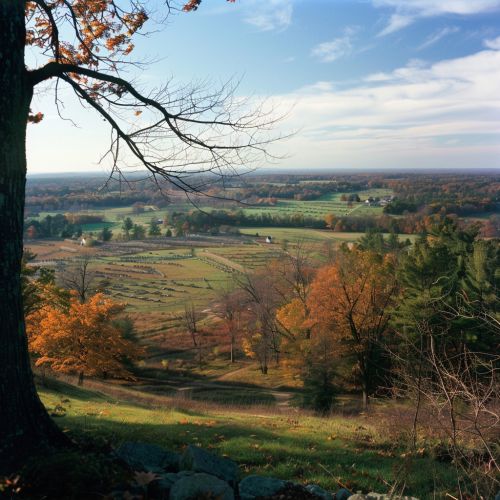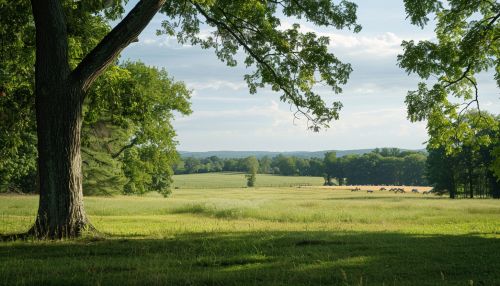Princeton, New Jersey
History
Princeton, New Jersey, is steeped in a rich history that dates back to its founding in the late 17th century. The town was initially inhabited by the Lenape Native Americans, who were later displaced by European settlers. The first European to settle in the area was Henry Greenland, who built a house in 1683.
The town of Princeton was officially established in 1724, and it quickly grew in prominence due to its location on the main road between New York and Philadelphia. This strategic position made it a crucial hub during the Revolutionary War. The Battle of Princeton, fought on January 3, 1777, was a significant victory for General George Washington and the Continental Army. The battle resulted in the British abandoning southern New Jersey, giving the Americans control of the area.


In the 19th century, Princeton became an important educational center with the establishment of the College of New Jersey, now known as Princeton University. The university has grown to become one of the most prestigious institutions of higher learning in the world.
Geography and Climate
Princeton is located in Mercer County, New Jersey, and covers an area of 18.1 square miles. The town is characterized by a variety of landscapes, including forests, fields, and wetlands. The Delaware and Raritan Canal, a significant transportation route in the 19th century, runs through the town.
The climate in Princeton is classified as a humid subtropical climate, with hot, humid summers and mild to cool winters. The town experiences four distinct seasons, with considerable variation in temperature and precipitation throughout the year.
Demographics
As of the 2010 United States Census, the population of Princeton was 28,572. The town has a diverse population, with a mix of different ethnicities, races, and nationalities. The largest ethnic group in Princeton is White, followed by Asian, African American, and Hispanic. The town is also home to a significant number of international residents, largely due to the presence of Princeton University.
Economy
Princeton's economy is diverse and robust, with major sectors including education, research, healthcare, and professional services. Princeton University is the town's largest employer, followed by the Princeton Healthcare System. The town is also home to several notable companies, including the Educational Testing Service, which administers standardized tests such as the SAT and GRE.
Education
Education is a significant aspect of life in Princeton. The town is served by the Princeton Public Schools district, which includes several elementary schools, a middle school, and a high school. In addition to the public schools, there are also several private schools in the area.
Higher education in Princeton is dominated by Princeton University, one of the eight Ivy League schools. The university offers a wide range of undergraduate and graduate programs and is renowned for its research contributions.
Culture and Recreation
Princeton offers a rich cultural scene, with numerous museums, galleries, and theaters. The Princeton University Art Museum is a notable cultural institution, housing an extensive collection of art from around the world. The McCarter Theatre, located on the university campus, is a popular venue for plays, concerts, and other performances.
Recreational opportunities in Princeton are plentiful, with numerous parks, trails, and sports facilities. The Delaware and Raritan Canal State Park offers opportunities for hiking, biking, and canoeing, while the Princeton Battlefield State Park provides a glimpse into the town's historical past.
